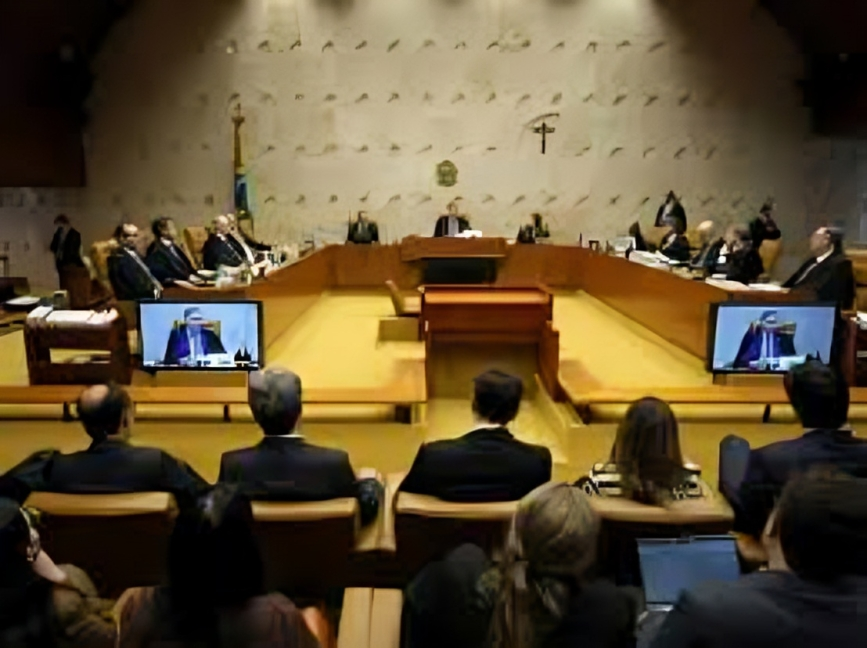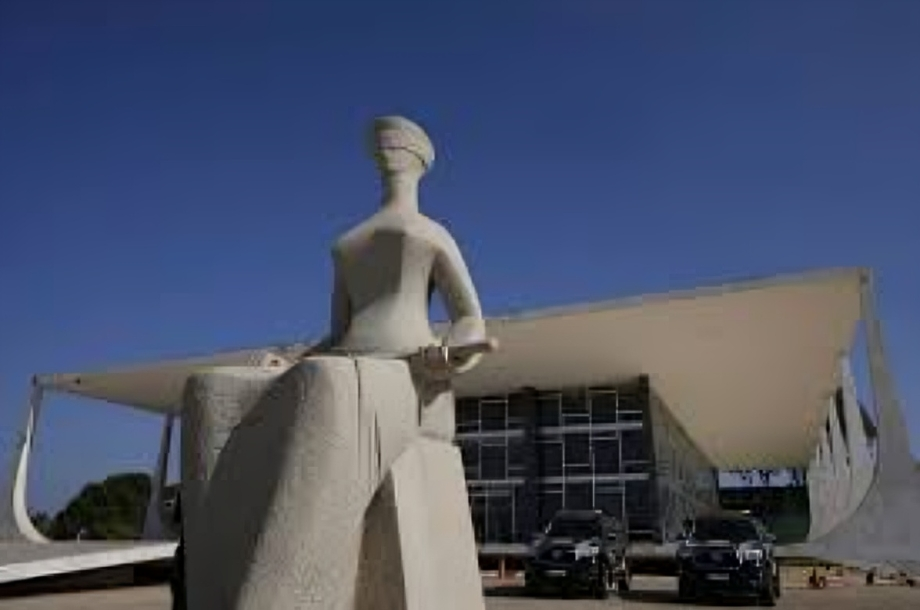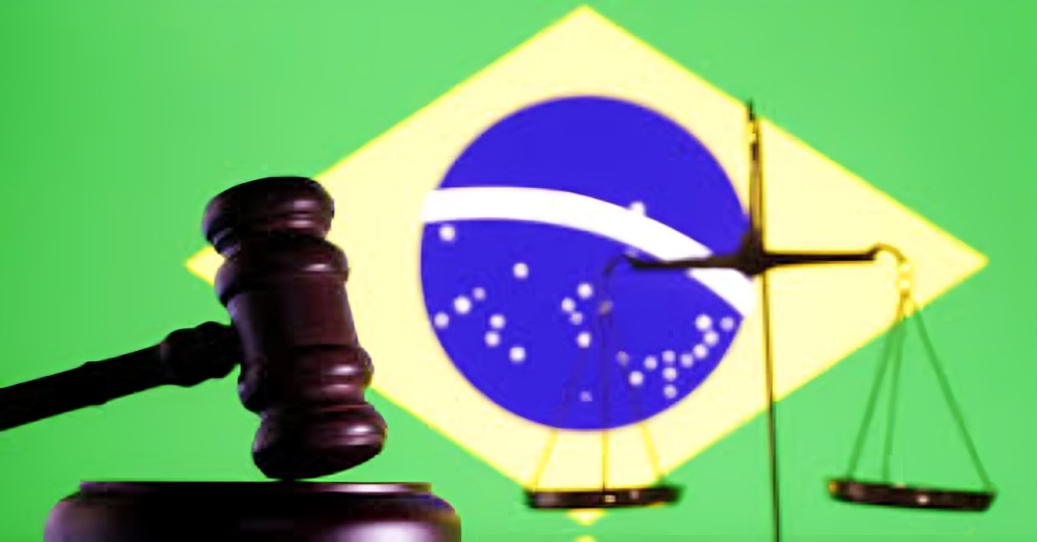In a landmark decision, Brazil’s Supreme Court has ruled that social media platforms are liable for user content, especially content that promotes hate speech, racism, or incites violence. Passed with an 8-3 majority, this historic ruling marks a significant shift in how tech companies like Google, Meta, and TikTok will be regulated in Brazil.
Under the new ruling, social media platforms liable for user content will now have to proactively monitor, manage, and remove unlawful content in a timely manner or face legal consequences. This decision has sparked debates about freedom of speech, internet regulation, and international diplomacy.
What the Supreme Court Ruling Means
The court’s decision imposes legal responsibility on social media platforms for content posted by users if not removed promptly upon a valid complaint. This means that victims of online hate, racism, or other illegal activities can demand swift action. If platforms fail to comply, they can be sued and penalized.
Before this ruling, social media platforms liable for user content were only required to remove content after a court order. The enforcement was weak, and companies often delayed or ignored such directives. The new ruling strengthens that framework by enabling quicker redressal mechanisms.
Case-by-Case Determination
Although the ruling is firm on accountability, the Supreme Court left it open-ended in terms of defining what constitutes illegal content. This ambiguity means that legality will be determined on a case-by-case basis, depending on the nature and context of each complaint.
This also gives the courts more discretion and places a heavier burden on companies to act responsibly. The responsibility now lies with platforms to evaluate content validity quickly and take preventive actions.
Background of the Ruling
This decision stemmed from two high-profile cases where social media companies were accused of allowing fraudulent activities, child pornography, and violence to circulate freely on their platforms. The ruling asserts that failure to act against such content amounts to negligence.
This precedent now places social media platforms liable for user content at the center of legal scrutiny in Brazil. Companies can no longer hide behind the excuse of being “neutral platforms”.

Tech Companies’ Response
The tech giants impacted by the ruling—Google, Meta, and TikTok—have yet to release detailed responses. However, industry insiders believe they will have to revamp their content moderation policies, invest in better AI tools, and enhance user-reporting mechanisms.
Legal experts believe that companies will now adopt a more aggressive approach to content moderation to avoid liability. Proving that they acted timely will become crucial to their defense.
A Blow to Free Speech?
Critics argue that this ruling may lead to over-censorship, where platforms remove even borderline or controversial content to stay safe. Free speech advocates warn that such aggressive moderation could infringe upon users’ right to express opinions.
This has already strained diplomatic ties. U.S. Senator Marco Rubio warned of potential visa sanctions on Brazilian officials if American citizens face censorship. The ruling brings into focus the delicate balance between regulation and rights.
Exceptions and Relief for Platforms
The Supreme Court clarified that social media platforms liable for user content can be exempted from responsibility if they can prove they took timely and adequate action to remove illegal content. This provides a safeguard for companies acting in good faith.

The Road Ahead
This landmark ruling will be implemented in the coming weeks and is expected to reshape Brazil’s digital ecosystem. Social media companies will need to overhaul moderation practices and enhance transparency in content management.
More countries are likely to follow Brazil’s lead, making this a global issue. The ripple effect could redefine how the internet operates worldwide.
Brazil’s Supreme Court ruling that social media platforms are liable for user content is a powerful step toward accountability in the digital age. While it aims to curb online hate and abuse, it also raises valid concerns about freedom of expression. Balancing the two will be the key challenge for both lawmakers and tech companies.
Android 16 Notification Update Makes Controls Confusing for Users


